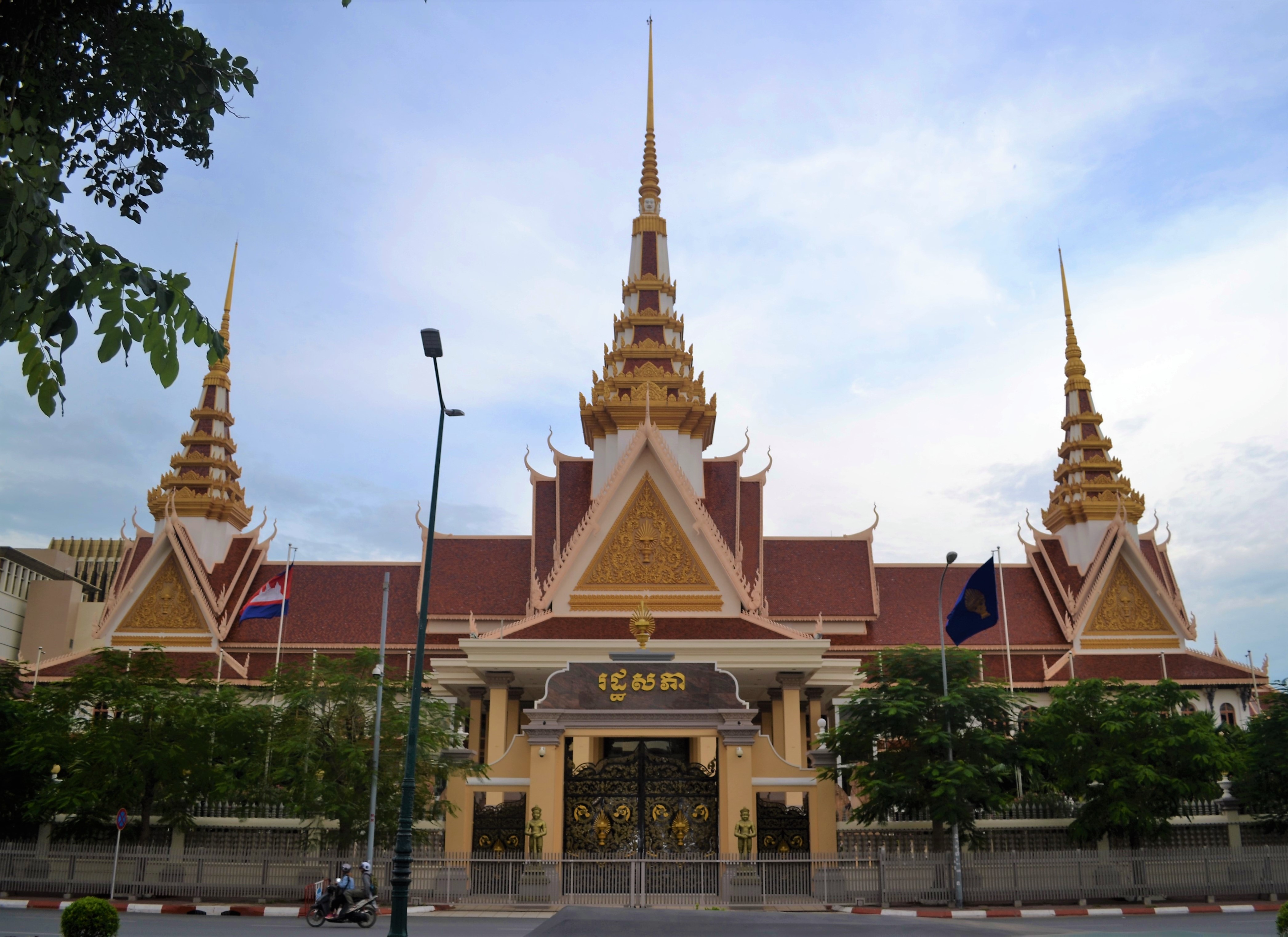26/05/2023 (Cambodia) - Cambodia's National Assembly's ninth commission has unanimously granted approval for the ASEAN Trade in Services Agreement (ATISA), marking a significant milestone in strengthening economic ties within the Southeast Asian region. The agreement aims to bolster economic connectivity and eliminate trade barriers in the services sector, facilitating broader markets and fostering increased trade and investment opportunities.
The draft law, which sanctions the ratification of ATISA, received clearance from the Council of Ministers on April 28 before obtaining the National Assembly's approval on May 23. Remarkably, the process from clearance to approval took only 25 days. The bill will now progress to a future National Assembly plenary session for consideration. Upon gaining approval, it will be forwarded to the Senate for review, ultimately requiring the signature of King Norodom Sihamoni or the acting head of state for final implementation.
Minister of Commerce Pan Sorasak led the Cambodian delegation, effectively defending the ATISA bill before the National Assembly's ninth commission. Minister Sorasak emphasized the agreement's objectives, including the improvement of economic connectivity, the enhancement of development prospects within the ASEAN Economic Community, and the promotion of inclusivity for micro-, small-, and medium-sized enterprises (MSMEs) in trade and services. The ATISA also seeks to strengthen economic ties among ASEAN member nations, facilitate equitable and sustainable socio-economic development, and encourage cooperation in regulatory and human-resource matters.
The ninth commission, known as the Commission of Public Works, Transport, Telecommunication, Post, Industry, Mines, Energy, Commerce, Land Management, Urban Planning, and Construction, confirmed the bill's adherence to constitutional requirements, relevant legal norms, and the 2018-2023 Rectangular Strategy Phase IV.
Cambodia has demonstrated proactive measures in recent years to reform its investment and trade laws, implementing significant changes to foster economic growth. The country has established multiple free trade agreements (FTAs), including agreements with China, South Korea, and the Regional Comprehensive Economic Partnership (RCEP), which have played a pivotal role in expediting economic development. The RCEP, encompassing 15 nations, stands as the world's largest trade pact.
Despite a year-on-year decline of 14.10 percent, Cambodia's international trade volume reached $15.161 billion in the first four months of 2023, as reported by the Provisional Customs. During this period, imports and exports amounted to $7.927 billion and $7.234 billion, respectively, resulting in a 71.57 percent reduction in the trade deficit to $692.796 million on an annual basis.
The approval of ATISA signifies Cambodia's commitment to regional economic integration and presents opportunities for trade expansion, foreign investment, and overall economic growth. As the bill progresses through the legislative process, Cambodia anticipates reaping the benefits of improved economic connectivity and strengthened relationships with fellow ASEAN member nations.
One notable feature of ATISA is the adoption of a 'negative list' approach by ASEAN Member States. This approach aims to enhance transparency regarding the services regime among ASEAN members. Cambodia has expressed its commitment to incorporate existing schedules of commitments under the ASEAN Framework Agreement on Services into schedules of Non-Confirming Measures Negative List Approach, an essential aspect of ATISA. This commitment holds strategic significance in leveraging Cambodia's services sector within the global value chain, particularly given the robust foreign trade agreements such as ATISA and other regional partnerships.



